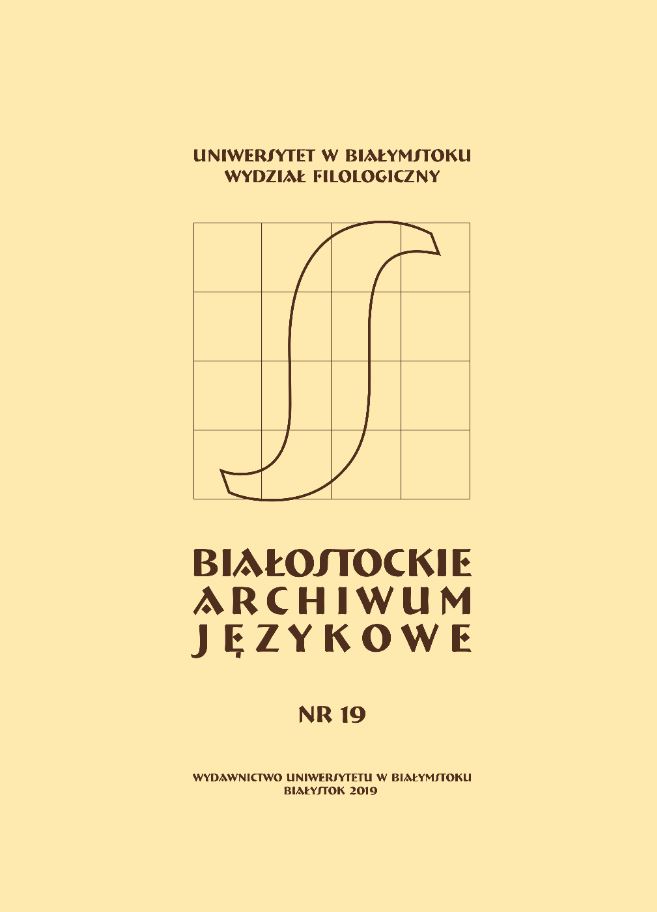Locution verbale espagnole dejar caer – typologie, classification des emplois et tentative de leur traduction en français et en polonais à travers une méthodologie à objets
Spanish verb phrase dejar caer – typology, classification of uses and attempt of its translation into French and Polish through the object oriented methodology
Author(s): Aleksandra Żłobińska-Nowak Subject(s): Language and Literature Studies, Theoretical Linguistics, Lexis, Phraseology
Published by: Wydawnictwo Uniwersytetu w Białymstoku
Keywords: verb phrase; fossilization; causative construction; class of objects; machine translation
Summary/Abstract: The paper focuses on the analysis of the Spanish verb dejar with the infinitive caer in the phraseological unit dejar caer (que) which has a polysemic character. A multitude of its uses is observed especially in attempts to translate it into French and Polish undertaken by the Author. The aim of this paper is also to show that not only the meaning of one lexeme may depend on the semantic-syntactic environment, but it also influences a compound construction. The verbal unit dejar caer can be followed by different types of nouns (abstract, concrete) functioning as a complement, as well as by a subordinate clause introduced by the conjunction que. Each of the uses is associated with selective restrictions which influence a more detailed type of complement and subject, in this way causing a different understanding and translation of this lexical unit. The proposed description is based on the notion of a class of objects widely studied and applied in linguistics by, for instance, G. Gross, X. Blanco Escoda or W. Banyś. The results of the analysis would also be suitable for the purposes of machine translation into French and Polish.
Journal: Białostockie Archiwum Językowe
- Issue Year: 2019
- Issue No: 19
- Page Range: 439-456
- Page Count: 18
- Language: French

